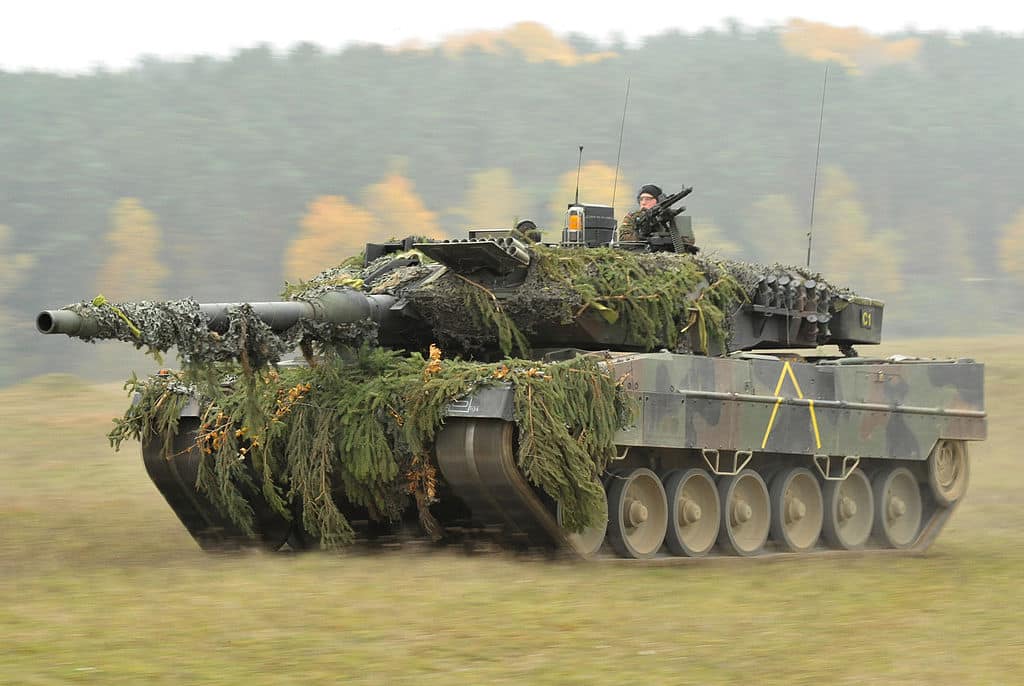Germany’s arms industry says it’s ready to ramp up its output to Ukraine, but it needs clarity on what governments want before investing in further production, the Associated Press reported Wednesday.
“What’s important for us as an industry is to get predictability,” Hans Christoph Atzpodien, the head of the arms manufacturing association the Federation of German Security and Defense Industries, said in an interview with the AP.
Since Russia’s February 24, 2022 invasion, Ukraine has become the world’s third largest arms importer. Some of those arms were transferred from Western military stocks, but others Ukraine purchased with its own funds as well as financial aid provided by allies.
But Atzpodien and others—including NATO’s Secretary-General—have raised concerns regarding the rate at which Ukraine is using up its ammunition. It’s reportedly straining the capacity of Western defense companies to keep up with both the Ukrainian military’s needs and that of their own countries.
Atzpodien says arms suppliers need clear direction about which products Ukraine needs within which timeframe. “And we are prepared,” he added. “The industry is much more flexible than it is given credit for.”
He explained that his association can further boost production in a number of ways, including reactifating facilities and machinery that had been mothballed, as well as hiring more staff.
It was only after a standoff with the U.S. in January that Germany came to donate several dozen Leopard 2 tanks and also at least 100 refurbished Leopard 1 tanks to Ukraine.
German authorities have in fact authorized the export of up to 178 Leopard 1 A5 tank, manufactured between the mid-1960s and the mid-1980s, to Ukraine. However, Germany’s defense ministry noted that the actual number sent would depend on the refurbishments required.
Other countries, including Poland and Denmark and the Netherlands have also pledged to send their Leopard tanks to Ukraine. As Leopard tanks are made in Germany, Berlin must approve their export from one country to another.
Atzpodien said the final decision on where Germany’s arms end up should remain a matter for the government.
“As companies we agree that German weapons must never fall into the wrong hands,” he said.
Chancellor Olaf Scholz last year pledged to increase Germany’s defense spending to meet NATO’s target of 2% of a nation’s GDP, and to create a 100-billion euro ($107 billion) special fund.
One obstacle, though, is the fact that some banks in the European Union won’t do business with the defense sector. But Atzpodien asserts that Russia’s invasion of Ukraine has had shown the value of military security.
“Our demand is that products we deliver to the German military or other NATO armed forces, for example, are recognized in such a way by the EU that they support sustainability,” he said, adding, “Security is the key to sustainability.”


